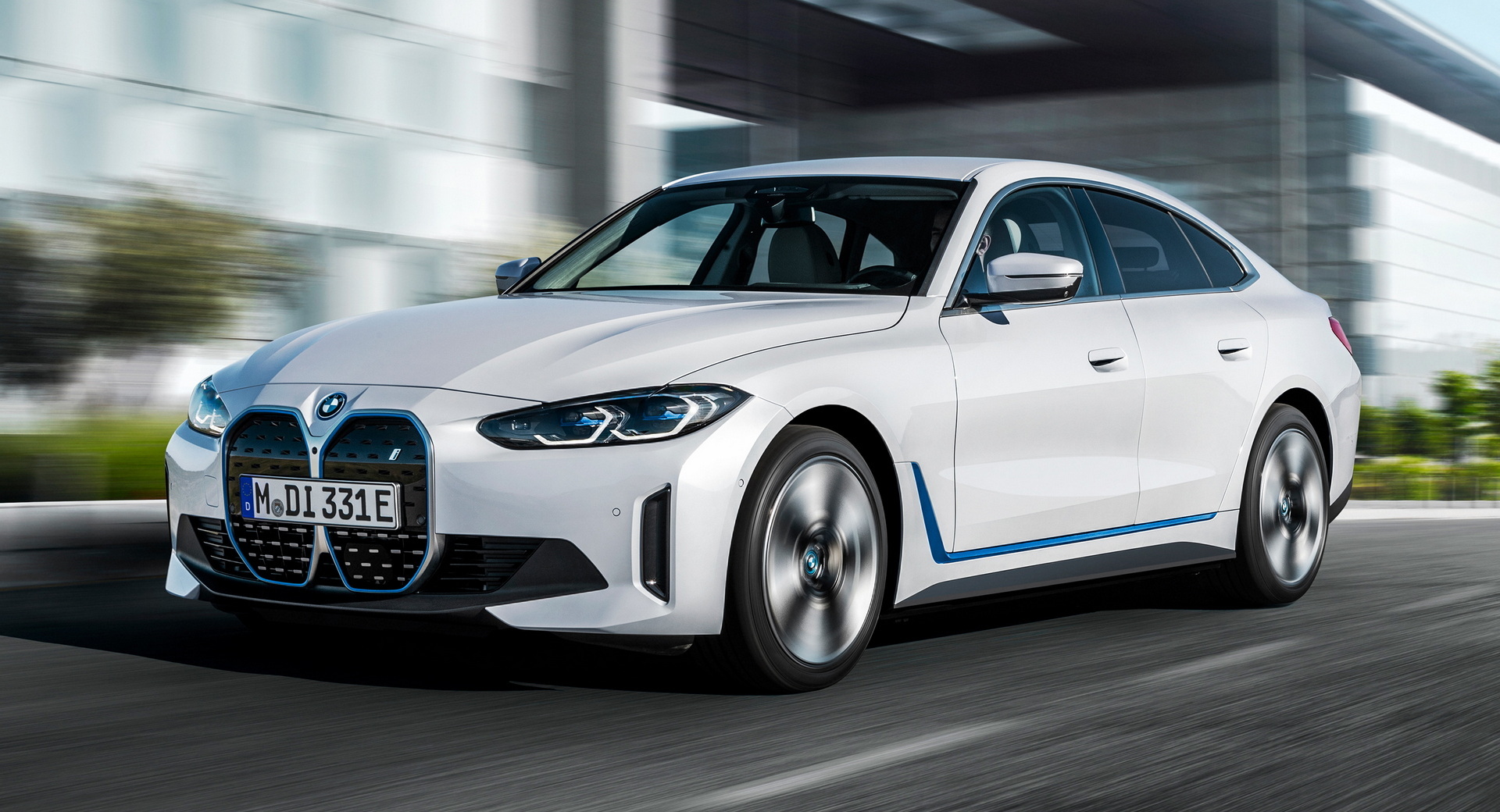Germany-based engineering giant Bosch has issued a warning to automakers about throwing thrown all their efforts behind electric cars.
The global car market is undergoing a rapid shift towards a zero emissions future made possible by EVs, many of which will feature technical solutions provided by Bosch. But the multinational auto parts supplier highlights the shortage of natural gas in Europe as an example of the danger of relying too heavily on one fuel source.
Natural gas prices have rocketed in Europe since Russia invaded Ukraine, and the situation has become even more grave in recent weeks as Russia, which supplies most of Europe with its gas, closed off the Nord Stream 1 pipeline. Russia’s Gazprom energy company had been due to resume gas delivery to Germany after a short halt due to a claimed “malfunction” with the line. But the firm later announced it was closing the pipeline indefinitely while repairs are carried out, a move many believe is a retaliation to the G7 countries’ announcement of a price cap on Russian oil.
“We’re currently seeing the consequences of the gas shortage for Germany and Europe because we prepared too few alternatives,” Markus Heyn, Bosch’s head of mobility told the Monday edition of the Stuttgarter Zeitung, Bloomberg reports. “In the automotive industry, we should use this occasion to ask ourselves what we can do if there should ever be too few battery cells.”
Related: Bosch Suspending Business In Russia After Parts Found In Military Vehicles
China is currently the world’s biggest supplier of batteries and the minerals used in the construction of battery packs fitted to electric cars, though carmakers are working hard to find other supplies. From January 2023, the U.S. government’s revised tax credit system for EVs only offers aid for vehicles which are made in North America and whose batteries are also made in the region. At the same time, Snow Lake Lithium announced that its new mine in Manitoba, Canada would be able to supply enough minerals to power 500,000 new electric cars every year for 10 years once production starts in 2025.
Heyn said that the car industry and governments need to consider other clean alternatives to gasoline engines, including hydrogen fuel cells, claiming that the hydrogen infrastructure currently being developed for long-distance trucks could also work for passenger vehicles.
This isn’t the first time Bosch has spoken out against electric vehicles. Last year the company’s CEO, Volkmar Denner criticized governments’ focus on killing off the combustion engine, calling them short-sighted. Another Bosch board member said the company would continue to invest in internal combustion tech for 20-30 years.





